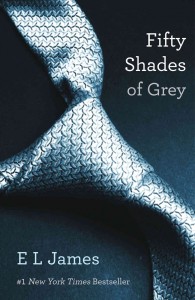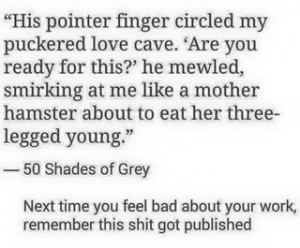I once heard a rumor that someone thought they were “in” one of my mystery novels and was really pissed off. Well, it was a bizarre situation because this person wasn’t remotely in my book, not even near my book.
On the other hand, a fan once jokingly said, “You should put me in one of your mysteries” and I walked away smiling. Because this fan–a lifetime academic–had apparently read them all without realizing I’d used a dramatic incident from the fan’s life as a plot point in one of the books. So you could say that fan made a phantom guest appearance. Sort of. Or a contribution?
The thing is, nobody gets shoved into my books from real life. Ever. And each one of my characters is a composite of fact and fiction. Sometimes more of one, sometimes more of another.
Take Juno Dromgoole in my Nick Hoffman mystery series. She’s a luscious professor of Canadian Studies who’s beautiful, foul-mouthed, and intemperate. By making her over-the-top, I was playing with the American image of Canadians as quiet and well-mannered. How was she born? She was actually inspired by several different women I met at a mystery conference. But the more I worked on her, the more she became sculpted by the storyline and interactions with other characters and the further away she grew from her “sources.” I don’t even remember anymore who those women were exactly, but I did finally imagine her as having the glamor of Tina Turner at her best.
Curiously, I did once run into a woman who looked and dressed just as I envisioned Juno did, when I was staying in a German hotel on a book tour–and she was Italian.
The smallest thing can inspire me: a look, a gesture, an outfit, a snarky line, an accent–and suddenly a grain of sand is on its way to becoming a pearl. So people do make their way into my fiction, but always through shards, fragments, bits and pieces.
Even if I had wanted to put that angry person mentioned above in my book, I wouldn’t really have been able to. For me, people are just models and sometimes inspiration. Fiction sculpts them into something completely different from what they were until they become unrecognizable. If it’s good, of course.
Lev Raphael is the author of The Edith Wharton Murders and 24 others books in many genres which you can find on Amazon.








